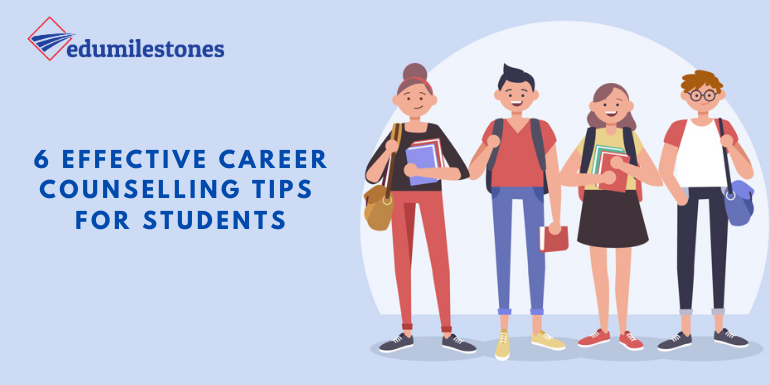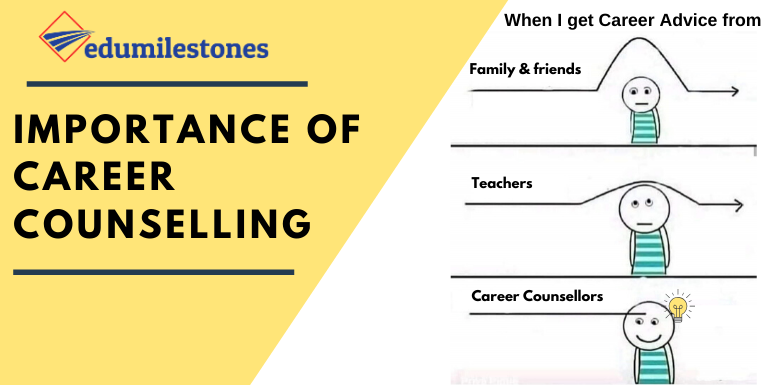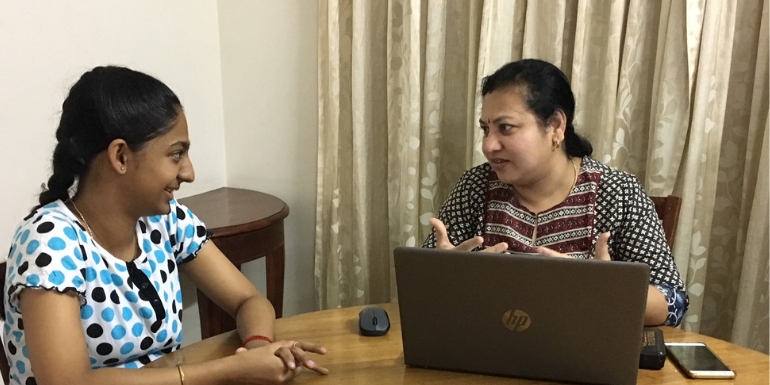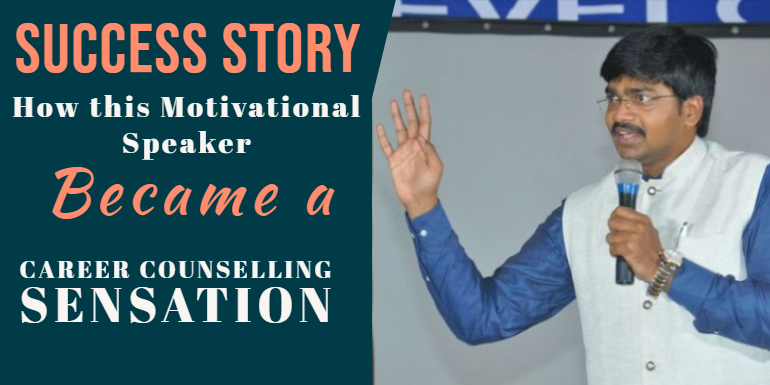After endless years spent writing essays, doing research and creating academic presentations, graduation is just around the corner. However, this is also a very stressful and uncertain time for many students who have dedicated their lives to different courses, fields and industries. For many, their first job interview only comes after graduation, making it very difficult to commit to one career path for the foreseeable future.
As such, career counselling should be a priority in regards to thinking about “what do I do after graduation?” While some students choose self-employment and freelancing, others might want to look for corporate positions, join NGOs or travel the world for a while. But how do you come to terms with a new reality of being a graduate and planning your career development years in advance? What are the benefits of doing so, and how can you fulfil your goals while still having enough time to dedicate to yourself?
Why Effective Career Counselling for Students Matters?
Before we talk about setting up career goals, let’s talk about why you should do that. After all, there is enough work to be done in regards to college paper writing, academic essays and graduation to think about future goals. However, planning your own future is important for several reasons. College provides many students with a sense of security, belonging and motivation to perform better than everyone else.
Once graduation comes, these things become obsolete, and ex-students are met with the harsh realities of the real-world economy and competitive job markets. Facing the question of “what comes after” sooner rather than later will do several things for you, including:
- Increased personal responsibility and control over future choices
- Explore what you want and don’t want in your life
- Know which offers, job opportunities and internships to take or pass up on
- Become more confident in your skills and personality traits
Career counselling Tips for Students
1. Set up a Long-Term Goal
Unfortunately, most students forget long-term happiness and think about day-to-day life management, which can lead to less than ideal career choices down the line. The best way to get ahead on your career counselling is to simply ask yourself what it is that you want out of life.
Do you want to be the CEO of your own company in 10 years? Or do you want to travel as an NGO activist working to make the world a better place? While scary at first, this type of thinking will quickly lead to concrete goals which can become your long-term compass. Any career decision you make will become clearer and easier to make because you already have a long-term goal in your mind.
2. Reflect on Hobbies & Extracurricular Activities
Depending on the type of student life you’ve led, your future career path might already be hidden somewhere in your activities. Hobbies and extracurricular activities can easily be transformed into full-time jobs, career development opportunities and potential startups.
For example, if you’ve been a member of your college book club or a writing group, why not consider being a librarian or bookstore owner? Go through your college activities and reflect on how much you’ve liked/disliked each extracurricular activity – you might be surprised with what you discover.
3. Mind Map your Likes & Dislikes
When it comes to career counselling, there is only so much you can do while you’re still a student. As such, mind mapping can help you discern what you like or dislike quite efficiently. In order to create a mind map, all you need is a sheet of paper, a few coloured pens and some free time to spare.
Branch out your likes and dislikes into left and right and simply start writing down the things you are grateful for and their opposites. If you like to spend time in public places, surrounded by people and talking about important world issues, put that in the positive section. If you dislike travelling to work every day, put it in the negative. This type of self-reflection is extremely important in figuring out your future career path, as well as for discovering personal development opportunities.
4. Reach out to Student Acquaintances
If you are a fresh graduate or about to finish your formal education, why not ask your friends and acquaintances about their plans? Individuals whose plans match with yours will likely want to discuss the future with you in greater detail, often leading to collaboration opportunities.
It’s not unheard of for academic colleagues to continue collaborating and create a startup or an NGO right out of college. This type of discussion will also allow you to realize that every one of your colleagues is going through the same time of change. Graduation is a big step forward in life, and your colleagues’ support can help tremendously.
5. Consult a Professor or Mentor Figure
What most students fail to realize until much later is that professors were also students themselves – some quite recently, in fact. Consulting professors, career counsellors as well as people whom you consider mentors (such as your parents or sports trainers) can work wonders for you.
Understand that older generations studied and lived at different times than ours – take their advice as exactly that, advice. Consider every comment, suggestion or help you can get objectively and with a critical mind. Listen to your elders and compare their advice to your own plans for the future to figure out the best course of action.
6. Look Beyond your Degree
Considering a career that does not revolve around the academic degree you just attained might seem counterproductive at first. However, it makes sense given the multi-industry nature of many academic courses.
For example, if you have a business degree, you can consider starting your own firm or working as a consultant. Likewise, if you are a graduated graphic designer, you can work in a large corporation’s marketing department or as an independent artist or freelancer. Academic degrees exist to help us determine the career path we will take in the future – they do not serve as shackles that bind us. Explore your career development options beyond the strict confines of your area of expertise – you might come across interesting choices and opportunities.
Simply Breathe (Conclusion)
Lastly, the best thing you can do for yourself is to take it easy – graduation is just another stepping stone in life. By graduating, you have accomplished a lot more than many others managed to achieve by the time they were your age. Be proud of yourself and understand that you are capable of great things simply because you were persistent enough to attain an academic degree.
Take your time and explore your options – there is an endless plethora of possibilities in front of you when it comes to career development. At the end of the day, if you don’t like a career path, you can easily readjust your course and try something else. Don’t compromise your dreams and don’t settle for anything less than you are worth – the right career opportunity is out there waiting for you.
Bio: Helene Cue is a graduated Writer, Editor and Educational Expert who works as an active contributor to top dissertation writing services. Helene’s professional portfolio consists of writing essays, articles and case studies on current educational industry and career development trends. In her spare time, Helene enjoys doing yoga, jogging and cooking international dishes for her friends.













